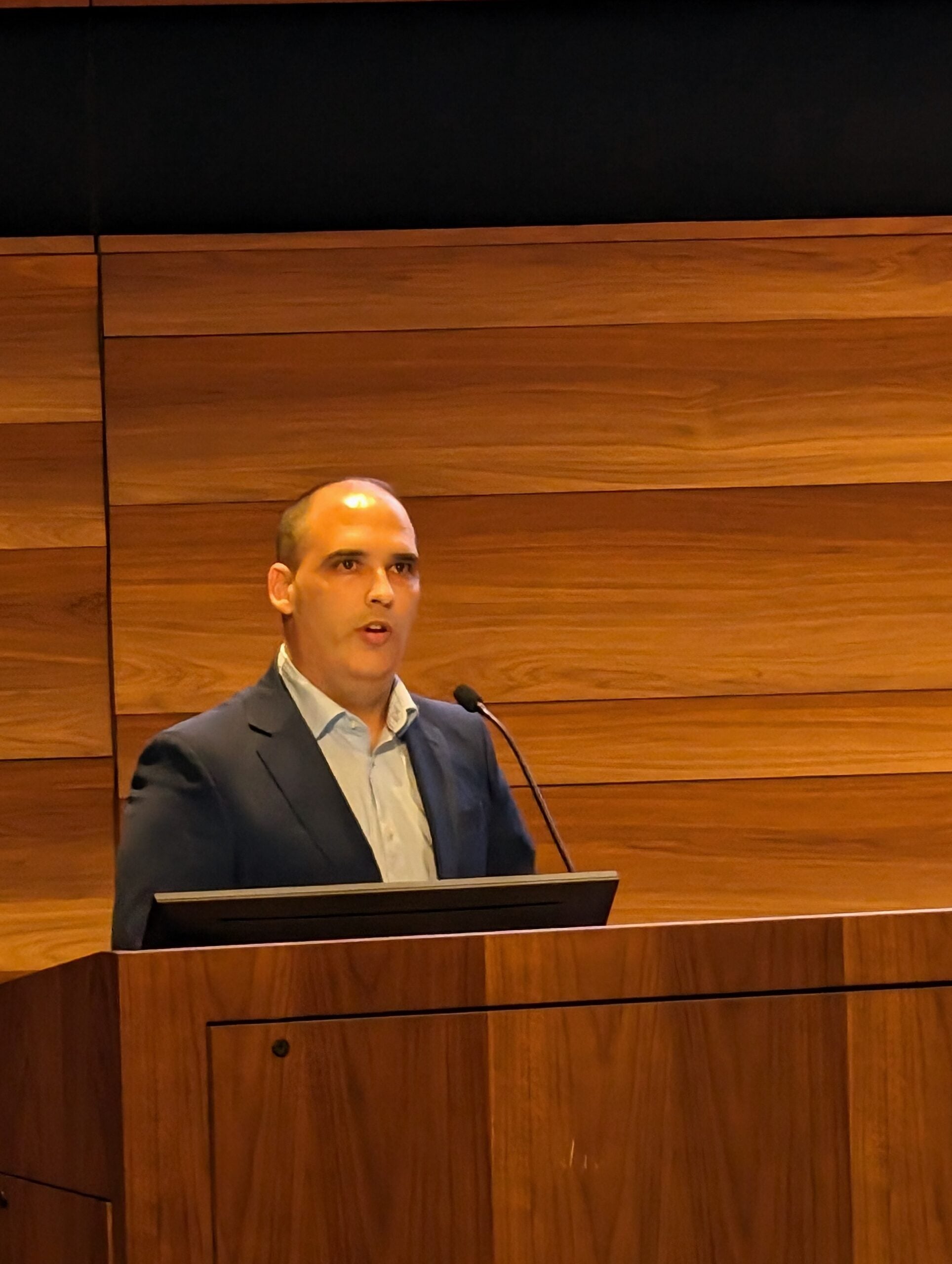Open Sustainability Policy Summit Recap and Video: A Vision for Power Systems Planning
At the recent Open Sustainability Policy Summit, Santiago Peñate-Vera, Project Manager for Advanced Grid Insights at Redeia, delivered an insightful presentation titled “A Vision for Power Systems Planning” (video follows below). Peñate-Vera’s address underscored the critical elements necessary for advancing power systems to meet the demands of a sustainable future. Here are the key takeaways from his session:
Embracing a Holistic Approach to Power Systems Planning
Peñate-Vera emphasized the necessity of a holistic approach in planning future power systems. This involves integrating various facets of the energy ecosystem, including generation, distribution, consumption, and storage, to create a more resilient and efficient grid. He highlighted that a comprehensive strategy is essential to accommodate the rapid changes in energy demand and the increasing incorporation of renewable energy sources.
The Role of Advanced Technologies
A significant portion of Peñate-Vera’s vision revolves around leveraging advanced technologies. He pointed out that innovations such as smart grids, artificial intelligence, and machine learning are pivotal in enhancing the operational efficiency and reliability of power systems. These technologies enable real-time monitoring and predictive maintenance, which can preemptively address issues and optimize energy distribution.
Decentralization and Local Energy Solutions
Peñate-Vera advocated for the decentralization of power generation. By encouraging local energy solutions like microgrids and community solar projects, power systems can become more flexible and resilient. Decentralization not only reduces transmission losses but also empowers communities to take charge of their energy needs, fostering greater sustainability and energy independence.
Regulatory and Policy Frameworks
A key theme in the presentation was the importance of supportive regulatory and policy frameworks. Peñate-Vera stressed that proactive policies are crucial in facilitating the transition to sustainable power systems. He called for governments and regulatory bodies to implement frameworks that encourage innovation, support renewable energy integration, and ensure fair access to the grid.
Collaboration and Stakeholder Engagement
The success of future power systems hinges on robust collaboration among various stakeholders. Peñate-Vera highlighted the need for a concerted effort involving utilities, technology providers, policymakers, and the public. By fostering open dialogue and partnerships, the industry can navigate the complexities of energy transition more effectively.
Addressing Climate Change
In his concluding remarks, Peñate-Vera reiterated the urgency of addressing climate change through sustainable power systems. He underscored that the transition to a greener grid is not just a technical challenge but a moral imperative. The future of our planet depends on our ability to innovate and implement solutions that significantly reduce carbon emissions and promote environmental stewardship.
